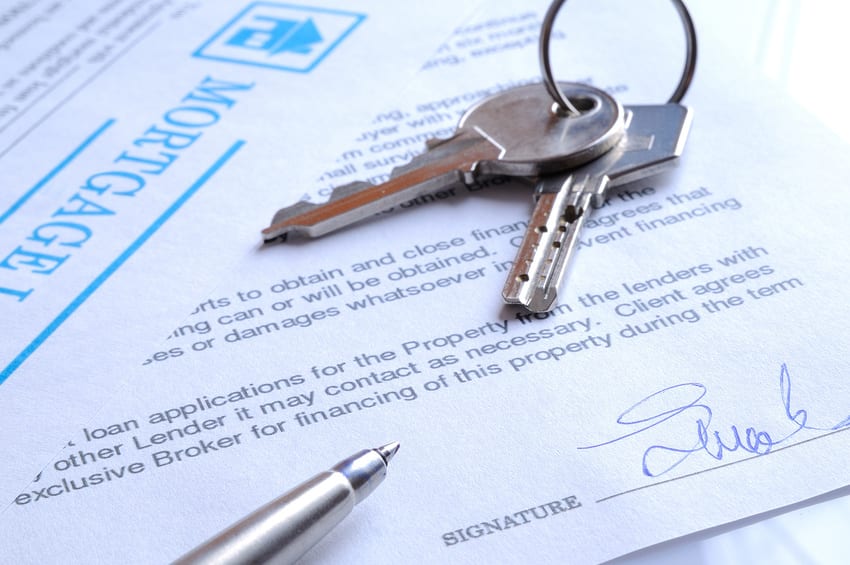

Opening your own B&B is a life-changing experience, one that can be a dream come true. Providing you observe the rules around trading, that is. One of the most common and most costly mistakes made by new-to-trade owners is operating on a residential mortgage when they should have a commercial mortgage for their B&B. It’s something we’ve seen and dealt with frequently; a pitfall which can put people in a very difficult situation.
Is a B&B a commercial property
Yes. As the term “commercial property” refers to any property that is used for business activities, a bed & breakfast definitely falls under this heading.
Do I need a commercial mortgage for a B&B?
A commercial mortgage is required for any property which is traded as a commercial concern. However, if the residential area of the property use is more than 40% then a regulated mortgage is required. Normally B&Bs account for the majority of the space being dedicated to guests and as such a commercial mortgage applies. When it gets to 50:50, it can become more of a grey area and so it’s a good idea to seek advice.
What’s the problem with using a residential mortgage?
You might be wondering how this causes issues and what the impact is. The problem arises when a residential mortgage is arranged incorrectly for a B&B, as the interest rates are usually better than those of a commercial one – so it’s viewed as cheating the lenders.
The consequences, as you would expect, can be severe. In some instances, the lenders will call in the mortgage, citing breach of covenant. That means you’ve got to pay back what you’ve borrowed or risk losing your home. It can place people in a very difficult position, having to borrow from family members or use their life savings to cover the loan if they are in a position to do so.
What’s more, new lenders can be hesitant to agree a commercial mortgage and cover any debts to family members. This leaves owners somewhat in limbo unless they can find another source of finance (such as via a broker like Stewart Hindley).
When can this happen?
Trading under the wrong mortgage can be a deliberate act, done in the hope that the lenders won’t ever find out and a few pounds can be saved. It can equally be done quite innocently, most often when someone has decided to convert their main residence but not realised they should change their mortgage. It may even be the lender’s mistake.
Yet when it is time for re-mortgage, or you wish to hunt around for a better deal to take advantage of favourable interest rates, the error will be uncovered.
The penalties are severe, even if you have set your B&B up properly as a business. Hence it’s vital to make the correct distinction between ‘main residence’ and ‘B&B’.
What can a B&B mortgage broker do?
First, as experts in the field with years’ of experience, we can give you the right advice. Second, we have access to more lenders than just the high street banks; lenders with whom we’ve built trusted relationships and so can not only present your case to possible sources of finance, but also get you the best deals.
In some cases, we’ve even approached a client’s bank when the problem has been discovered – and succeeded in getting them to change their minds about approving the commercial mortgage.
A reputable, professional broker will effectively do the hard work on your behalf, striving to secure finance so that you can continue to run your B&B without further issue.
Of course, the way to avoid problems is to approach us in the first place – we’ll make sure you are trading under the correct mortgage from the word go. If you’d like to find out more, please give us a call on 0845 272 4000.


